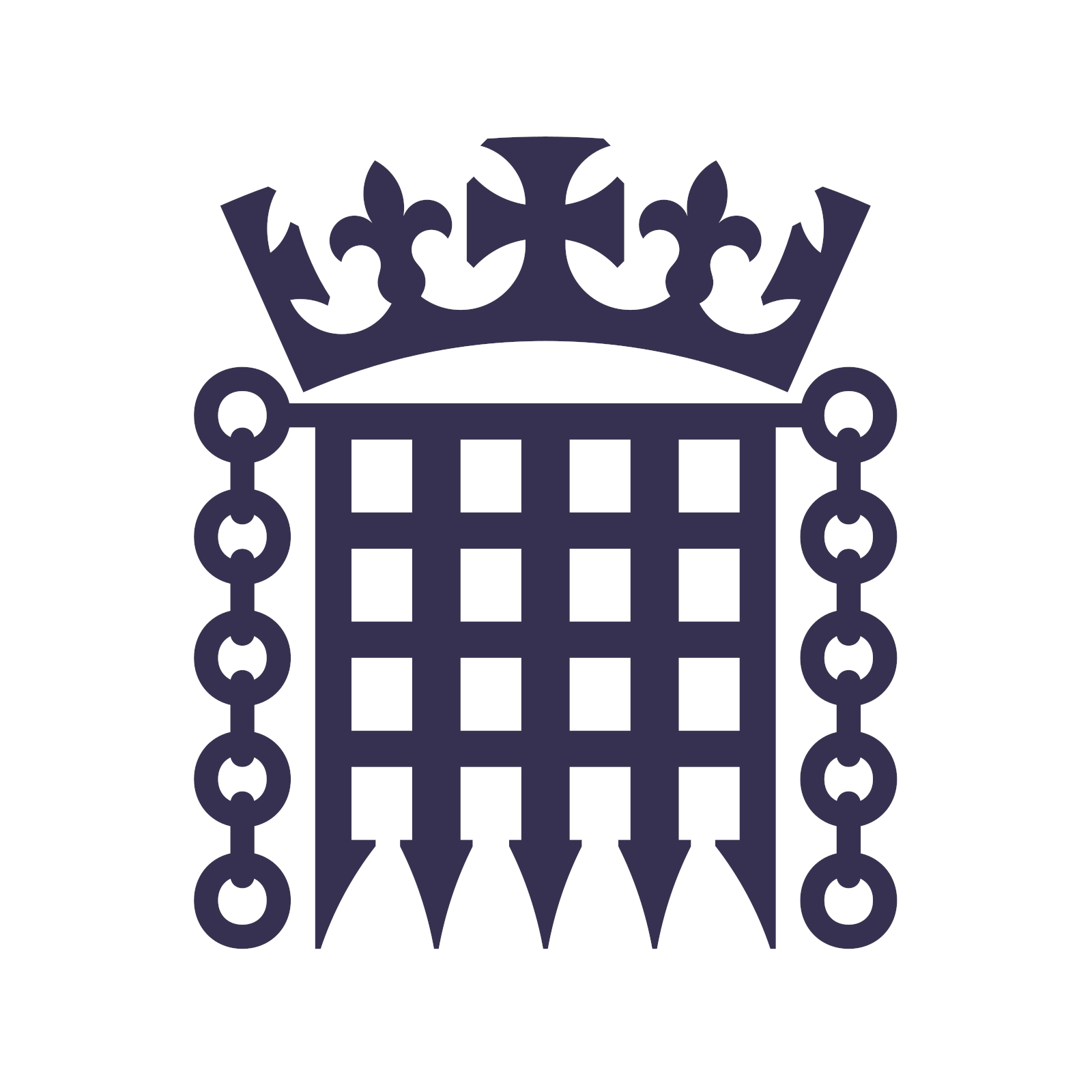- cross-posted to:
- neoliberal@lemmy.world
- cross-posted to:
- neoliberal@lemmy.world
More than 400,000 people may have been prevented from voting in the general election because they lacked the necessary ID, with those from minority ethnic communities more than twice as likely to have experienced this, polling has suggested.
Of those surveyed by More In Common, 3.2% said they were turned away at least once last Thursday, which if reflected across the UK would equate to more than 850,000 people. Of these, more than half said they either did not return or came back and were still unable to vote.
Among people turned away at least once, about a third had ID that was not on the relatively narrow list of permitted documents; about a quarter said the name on their ID was different to that on the electoral register; and 12% said they were told the picture on the ID did not match their appearance.
The poll of more than 2,000 people across Great Britain, coordinated by the campaign group Hope Not Hate, also indicated that the voter ID rules, used last week for the first time at a general election, disproportionately affected minority ethnic people.
It found that 6.5% of voters of colour were turned away from a polling booth at least once, compared with 2.5% of white voters.
The rule that voters must show photo ID was introduced by the Conservative government as part of its 2022 Elections Act, despite minimal evidence that in-person voter fraud was a significant problem.
…
Another potential issue is people deciding not to vote, or even register to vote, because they know they lack ID. The polling found that 6% of people said the ID requirements had affected their decision on whether or not to vote and that they then did not vote, which if reflected nationally could mean up to 2.8 million people not voting when they might otherwise have done.



Can’t you get a free ID specifically for voting? Northern Ireland has required ID for voting for ages, but it always basically offered a “Electoral card” which was a free ID you could get. It was my first photographic ID as well.
https://www.gov.uk/apply-for-photo-id-voter-authority-certificate